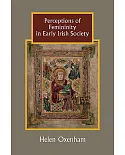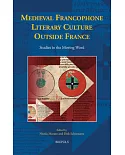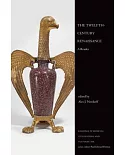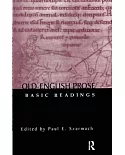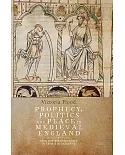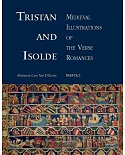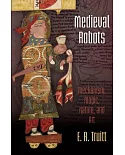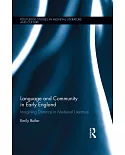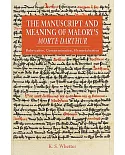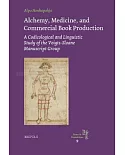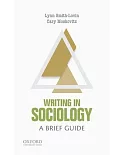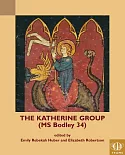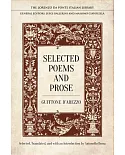One of the more bizarre beliefs about the Middle Ages and, even more, Late Antiquity, is that people were little more than robots, controlled by religion and social dictates. They had no
concept of themselves as individuals. The essays in the volume, which grew from a 2007 conference held in Vienna, give concrete examples to disprove this ludicrous but common conviction.
Beginning with the archetypal self-analyst, Augustine of Hippo, the articles each consider one individual from the fourth through the tenth centuries. The early period is represented by
Sidonius Apollinaris and Pope Gregory the Great, both strong characters. Some subjects, such as Einhard, Paul the Deacon, Ermold, Angelberga and Alcuin, are associated with the Carolingian
courts. Others are Visigoth and Anglo-Saxon. Many of their works, such as that of the Venerable Bede, have long been mined for data on events without concern for the self-awareness of the
author. The collection as a whole illuminates the very personal concerns of the subjects concerning their lives, souls and desire to be remembered well, an excellent corrective to a worn-out
myth. Three essays are in German with the remainder in English. Annotation 穢2011 Book News, Inc., Portland, OR (booknews.com)


